Anticipation is building for the 2024 AirSprint Private Aviation Canadian Senior and Mortgage Company of Canada Canadian Junior Closed Championships. Over 500 of Canada’s finest squash players will descend on the spectacular Glencoe Club in Calgary from April 27 – May 4 with the Power Court presented by The Syra Group arriving in the badminton hall from May 1 onwards.
The Junior event kicks off Saturday, April 27 with championship matches taking place Tuesday, April 30. The Senior Championship commences with the Men’s and Women’s Open preliminary rounds on April 30 before full age-category and companion event action starts May 1. Participants must register by 11:30pm EST Wednesday, April 10 to secure their spot as the season reaches its national climax!
Register for the Canadian Junior Championships
Register for the Canadian Senior Championships
Junior categories range from under-11 to under-19, while Senior players may enter companion event A/B/C, or age group categories ranging from 30+ to 80+. The Open draws will feature defending champions Hollie Naughton of Ontario and David Baillargeon of Quebec. Baillargeon, searching for his fourth consecutive national title, encourages all players to get involved, saying “I am super excited to be back in Calgary for Nationals. This event is always a top priority in my season. It’s also a great social event that provides the opportunity to re-connect with friends. I highly recommend any squash enthusiast to sign up and participate!”
Entry in the Junior event includes:
- 3 Matches Guaranteed
- Tournament Souvenir for all participants
- Tournament Social at the Glencoe Club
- Parent/Coach Wine and Cheese Event
- Prizes for podium finishers
Entry in the Senior event includes:
- 3 Matches Guaranteed
- Tournament Souvenir for all participants
- Awards Banquet Saturday May 4th
- Prizes for podium finishes
- Access to Glass Court Professional Matches professionally streamed on CBC Gem
The week-long festival of squash is made possible by the generous support of title sponsors AirSprint Private Aviation and Mortgage Company of Canada. Support from the Government of Alberta’s Ministry of Tourism and Sport and Tourism Calgary helps to build a world-class event that attracts players of all ages. Squash Canada also thanks tournament chair David Duncalf, the Glencoe Club Tournament Committee, as well as satellite venue Bow Valley Athletic Club for their part in what is sure to be a memorable National Championship.





